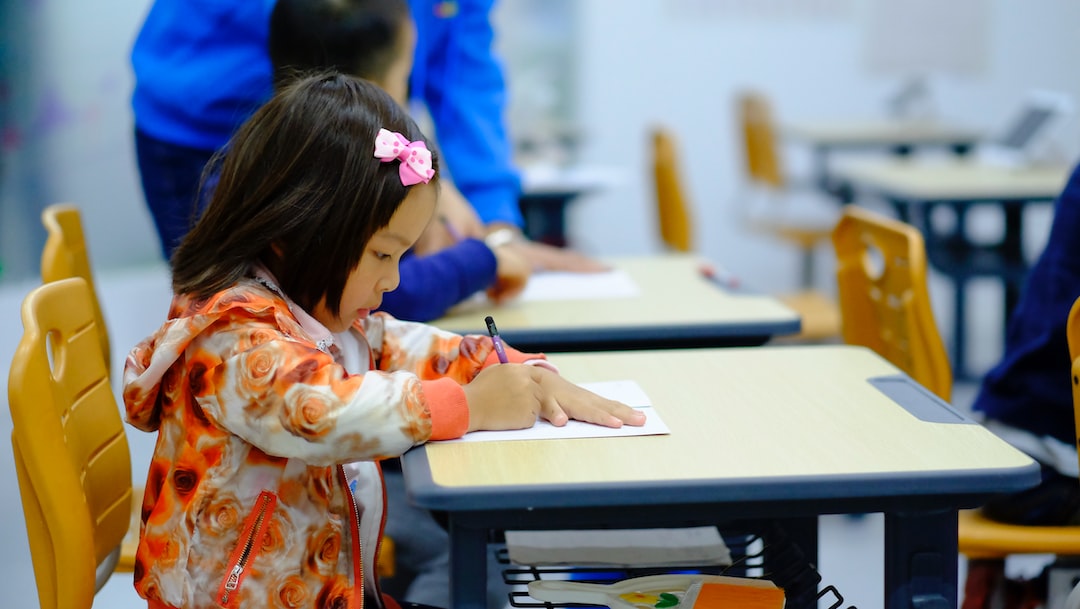The Power of Multicultural Education in Fostering Diversity
In an increasingly globalized society, embracing diversity is more important than ever before. The world is a melting pot of different cultures, languages, and traditions, and it is crucial for us to equip future generations with the knowledge and understanding needed to navigate and appreciate this diverse world. One powerful tool in achieving this goal is multicultural education.
Multicultural education is an approach that recognizes and appreciates the various cultural backgrounds of students. It aims to foster a positive learning environment by promoting cultural diversity, challenging biases, and encouraging critical thinking. This approach goes beyond simply celebrating different cultures; it also addresses social justice and equity issues to ensure that every student feels included and valued.
One of the key advantages of multicultural education is its ability to cultivate a sense of empathy and understanding among students. When learners are exposed to different cultures, they develop a broader perspective of the world and become more accepting of those who are different from them. This empathy creates a foundation for fostering meaningful connections, breaking down stereotypes, and building a more harmonious society.
Moreover, multicultural education provides countless opportunities for students to develop their critical thinking skills. By learning about different cultures, students are encouraged to question preconceived notions and challenge bias and stereotypes. They become active participants in their own learning, analyzing the information presented to them and developing a more nuanced understanding of the world. This critical thinking not only benefits students academically but also equips them with the tools they need to effectively navigate an ever-changing world.
Additionally, multicultural education helps students develop a stronger sense of cultural identity. This is important for students from marginalized or minority backgrounds who may feel disconnected from their cultural heritage. By incorporating diverse perspectives into the curriculum, multicultural education validates the experiences and contributions of all students, regardless of their background. This validation enhances students’ self-esteem and encourages greater engagement and participation in the learning process.
Furthermore, multicultural education plays an essential role in preparing students for the workforce. In today’s globalized economy, cultural competency is highly valued by employers. Companies and organizations are increasingly seeking individuals who can work effectively in diverse teams and communicate across different cultural boundaries. By exposing students to various cultures and encouraging them to develop an understanding of cultural nuances, multicultural education equips them with the skills they need to thrive in the workplace.
Multicultural education also bridges the gap between schools and communities. By actively involving families and community members in the educational process, schools become more culturally responsive, creating a stronger bond between students, educators, and the community at large. This partnership not only enhances student learning but also promotes a sense of belonging and ownership within the community, creating a supportive environment for all.
Despite the numerous benefits of multicultural education, it is essential to acknowledge and address the challenges that may arise during its implementation. In some cases, resistance from certain individuals or groups may hinder progress towards a more inclusive educational environment. However, it is crucial to engage in open dialogue and actively address concerns to promote understanding and change.
Additionally, the curriculum must be carefully designed to ensure that it accurately represents diverse cultures and avoids essentializing or perpetuating stereotypes. Education professionals need to actively seek out diverse perspectives and ensure that they are integrated into the curriculum in a meaningful way.
In conclusion, multicultural education is a powerful tool in fostering diversity and promoting social justice in education. By providing students with the opportunity to learn about different cultures and perspectives, multicultural education cultivates empathy, critical thinking, and a strong sense of cultural identity. It equips students with the skills they need to succeed in an increasingly globalized world and fosters meaningful connections across diverse communities. As we navigate the challenges and opportunities of a diverse world, embracing multicultural education is essential for creating a more inclusive society and a brighter future for all.


